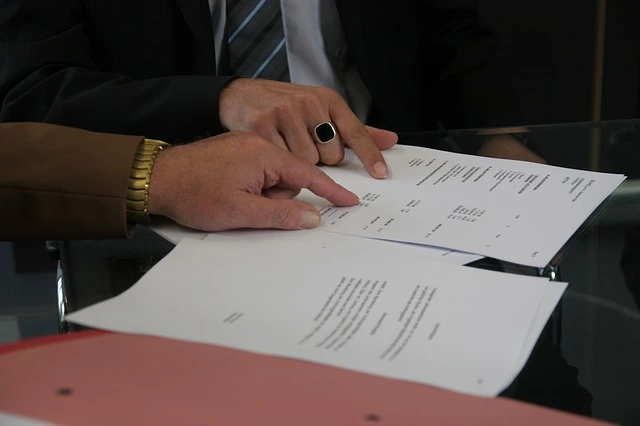|
|
Last Modified on Nov 20, 2020
At Thomas and Webber, we are often asked questions about the escrow process. What is it and why is it important? In today’s blog post, we’re taking a look at this essential element of real estate transactions.
If you are buying or selling real estate, it is important to ensure that any and all conditions of the sale are met before you pay money or sign over the deed. That is the purpose of escrow — it protects the buyer, the seller, and the lender while this is happening.
In short, escrow is an arrangement in which a third party, referred to as an “escrow holder” or “escrow agent” holds the funds as a common depository until both sides satisfy the conditions of the sale. The role of your escrow agent could be held by your attorney, or if you are in a state other than North Carolina, your title company, or other types of entities you may hire to oversee the closing transaction.
How does escrow work?
First, the buying and selling parties sign a contract that stipulates the terms of the sale. Then, the buyer puts a security deposit (called earnest money) into the escrow account held by the escrow agent, demonstrating his or her willingness to complete the transaction.
At this point, the closing can be scheduled. After the buyer’s lender has given the “clear to close,” the mortgage company and buyer deposit the rest of the money in the escrow account, and the escrow agent prepares an accounting for the Closing Disclosure.
At closing, the final documents are signed and notarized, the deed to the property is recorded with the Register of Deeds in the county where the property is located, and funds are released from the escrow account to the seller.
What is lender escrow?
Lenders often set up escrow accounts to make payment on property taxes and home insurance. The property owner is generally billed for these things yearly, but the lender may instruct you to pay a twelfth of the annual total each month to be held in an escrow account until it is time to pay the taxes or insurance.
Under the Real Estate Settlement Procedures Act (RESPA) you are not required to maintain an escrow account with your lender. However, the choice is your lender’s, not yours. Keep in mind, though, that RESPA regulates how much money you can be asked to keep in escrow for these purposes. Some lenders want to keep the balance in the escrow account higher than the amount of the bills to cover unexpected price increases. They cannot, however, make you deposit extra by more than a certain amount’s worth of installment payments.
Contact Thomas & Webber Law at the Lake
At Thomas & Webber, we help our clients protect their best interests in real estate transactions and beyond. If you are buying or selling property, contact us today to learn more about how we can help you.





